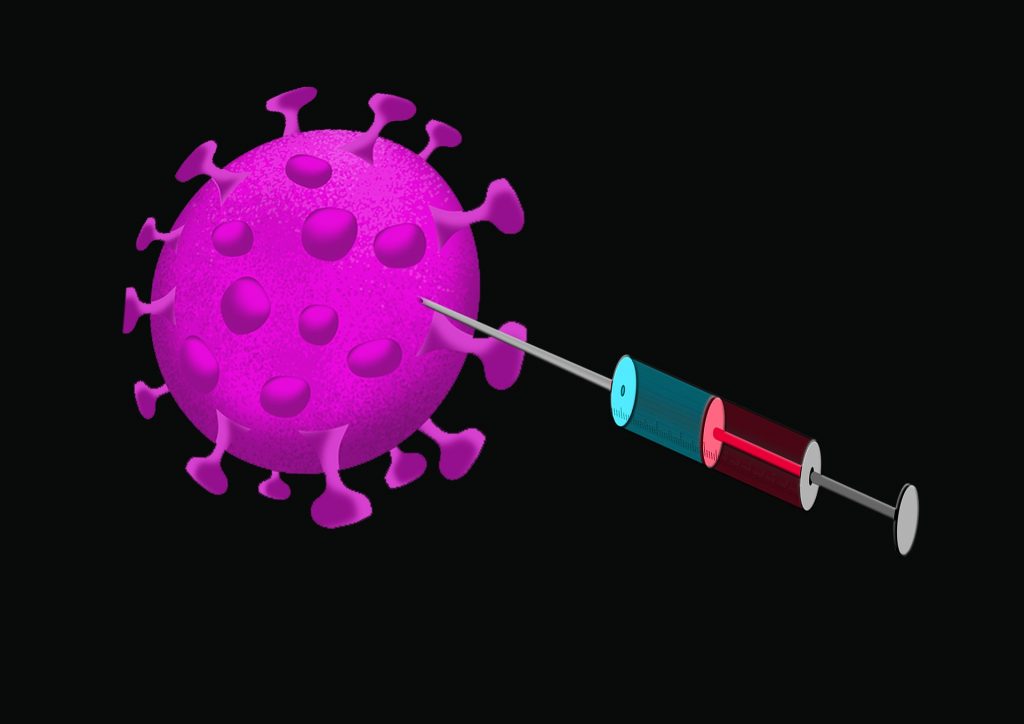CSIR-IGB Lab Develops COVID-19 Test kit Named FELUDA for Faster, More Affordable Testing
The novel coronavirus is spreading across India quickly, with the last week has added a lot more patients and deaths to India’s toll. However, there might be some good news coming our way. Reports state that an accurate and affordable strip test capable of detecting Covid-19, within an hour, is expected to hit the market in four weeks. Let us take a good look at this new Test kit Named FELUDA, and how it could help us in the fight against the coronavirus.
Also Read: COVID-19 testing kit from an Indian company that needs only 53 seconds!
Feluda to the Rescue
Christened Feluda, the test gets its name from a famous fictional detective penned by the late Satyajit Rai. However, the name is also an acronym for the more technical term – FNCAS9 Editor-Linked Uniform Detection Assay. The test makes use of CRISPR gene-editing technology to identify the genetic material, which makes up the virus Sars-CoV2. It is this virus that causes Covid-19. Senior scientists Dr. Debojyoti Chakraborty and Dr. Souvik Maiti, are being credited for developing this new test. They are top scientists at the Council of Scientific and Industrial Research-Institute, under their Genomics and Integrative Biology wing in New Delhi.
Science Behind It
The Feluda testing kit uses CRISPR-based technology, which combines CRISPR biology and the chemistry of paper strip testing. CRISPR stands for Clustered Regularly Interspaced Short Palindromic Repeats, which is a genome-editing technique. The Cas9 protein, which makes up the CRISPR system, is identified and marked, and then made to interact with the Sars-CoV2 sequence found in the patient’s genetic material.
A complex consisting of both Cas9 and Sars-CoV2 is then applied to a paper strip. The strip will have two lines, wherein one is the control line and the other a test line. These lines will help identify if the patient has COVID-19. The entire process of diagnosing COVID-19 will roughly take an hour, making it a speedy and agile process. The whole process, which involves everything from identifying the RNA to taking the readout, will be done within this one hour.
Difference Between Old and New Method
In India, presently, most labs are using the PCR method to diagnose COVID-19. Not only is this method more expensive, but it also takes more time to give a result. The paper strip test kit will make the process of diagnosis much more straightforward, faster, and affordable. The test does not require Level 2 or Level 3 biosafety labs, making it much more accessible. As per CSIR-IGB Director, Anurag Agarwal, the test can be done in any regular pathology lab.
Around the World
The US Food and Drug Administration gave the CRISPR-based testing an emergency-use approval on Friday. However, unlike Feluda, US’s CRISPR test can only be done in hi-tech laboratories. The American counter-part to this test was developed by the combined efforts of MIT, Harvard, Ragon Institute, and the Howard Hughes Institute. However, unlike the American test, which uses CAS12 and CAS13 protein, India’s test utilizes CAS9 protein. The test is extremely accurate and accessible as it does not require any high-tech lab, according to the former Director-General of the ICMR, Dr. Nirmal K Ganguly.
The team had been working on this test kit for over two years. Its functionality is not limited to the COVID-19, but rather to assess and detect DNA-RNA mutations. It was by the end of January that the team began focusing on using the test to detect the novel coronavirus. In India, this is the second CRISPR-based kit which has been developed. Feluda has been backed by Tata Sons, who had pledged support for the testing team and division.
The testing protocol is simple, and the results take much less time, making it easy to use this technology to test millions of people, as per Tata Sons. Each of these test kits will cost INR 500, which is a significant improvement from the INR 4500 cost, which the RT-PCR test bore. It will be interesting to see how this new test revolutionizes the way India, and maybe, even the whole world battles the novel coronavirus.

Being a cinephile with a love for all things outdoorsy, Athulya never misses a chance to chase inspiring stories or poke fun at things, even when the subject is herself. Currently pursuing a degree in mechanical engineering, she is someone innately interested in technical and scientific research. Music reviews and op-eds define her as they allow her to explore different perspectives. Though sometimes she thinks she makes more sense playing the guitar than she does while writing.
